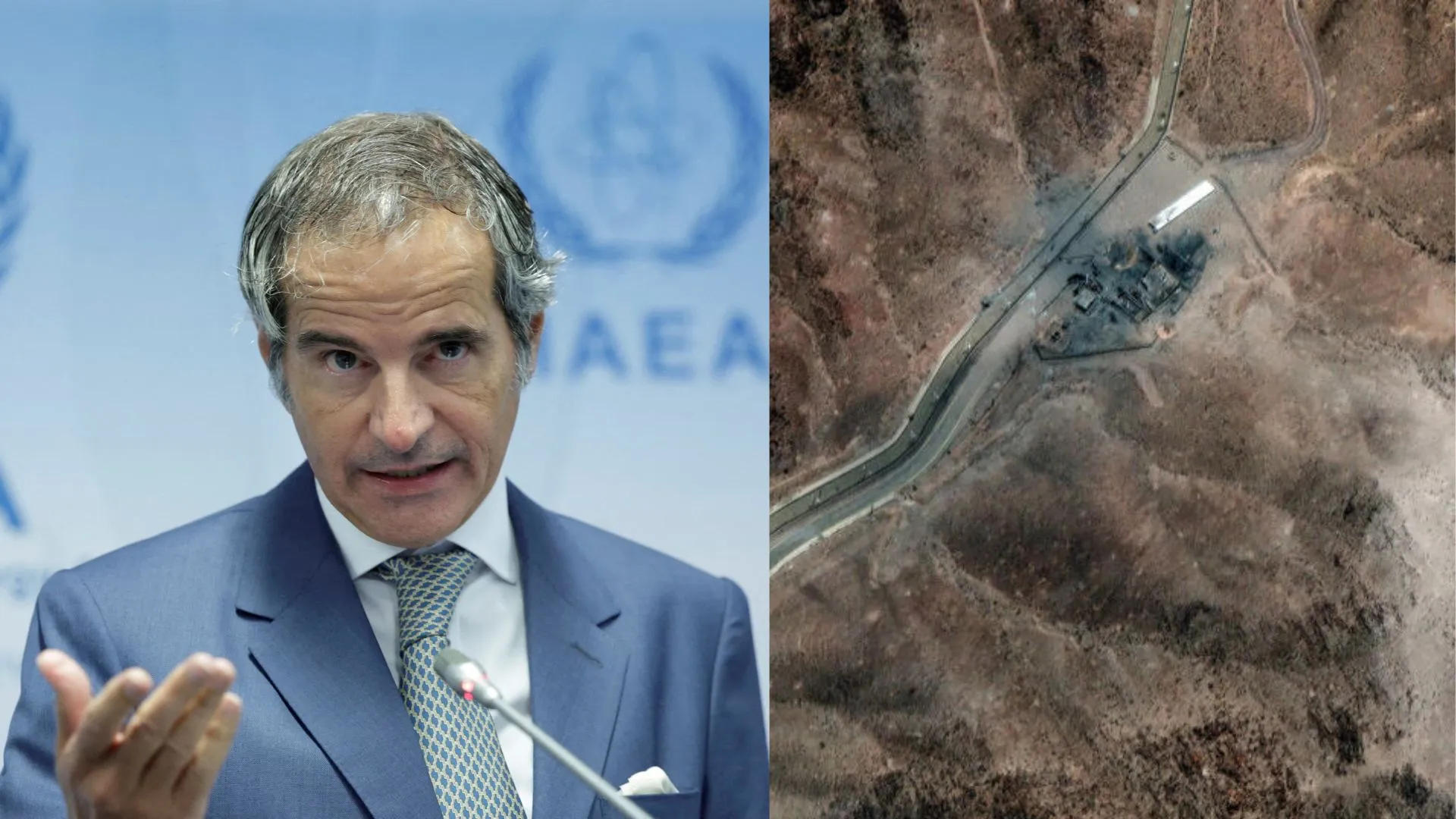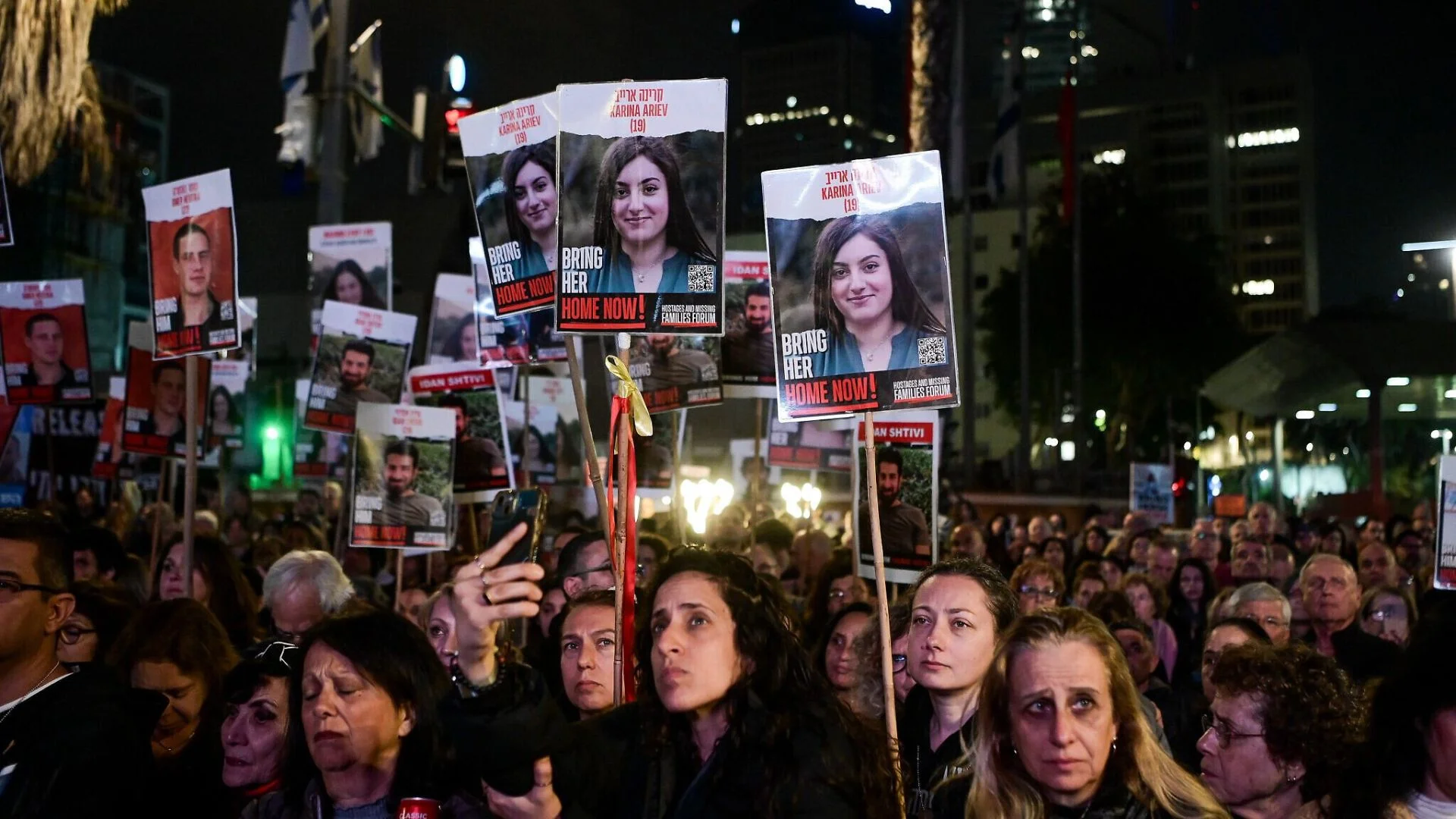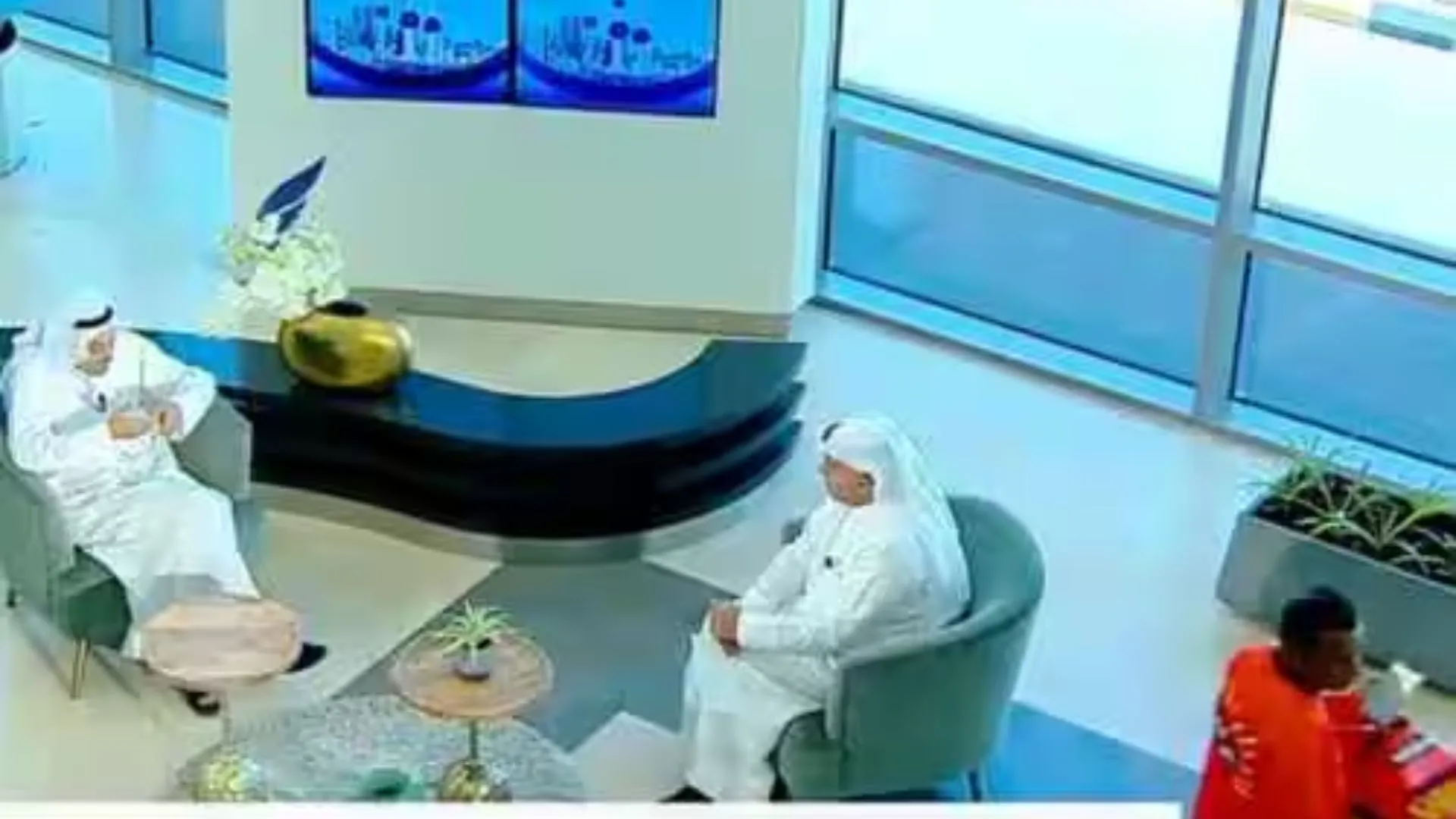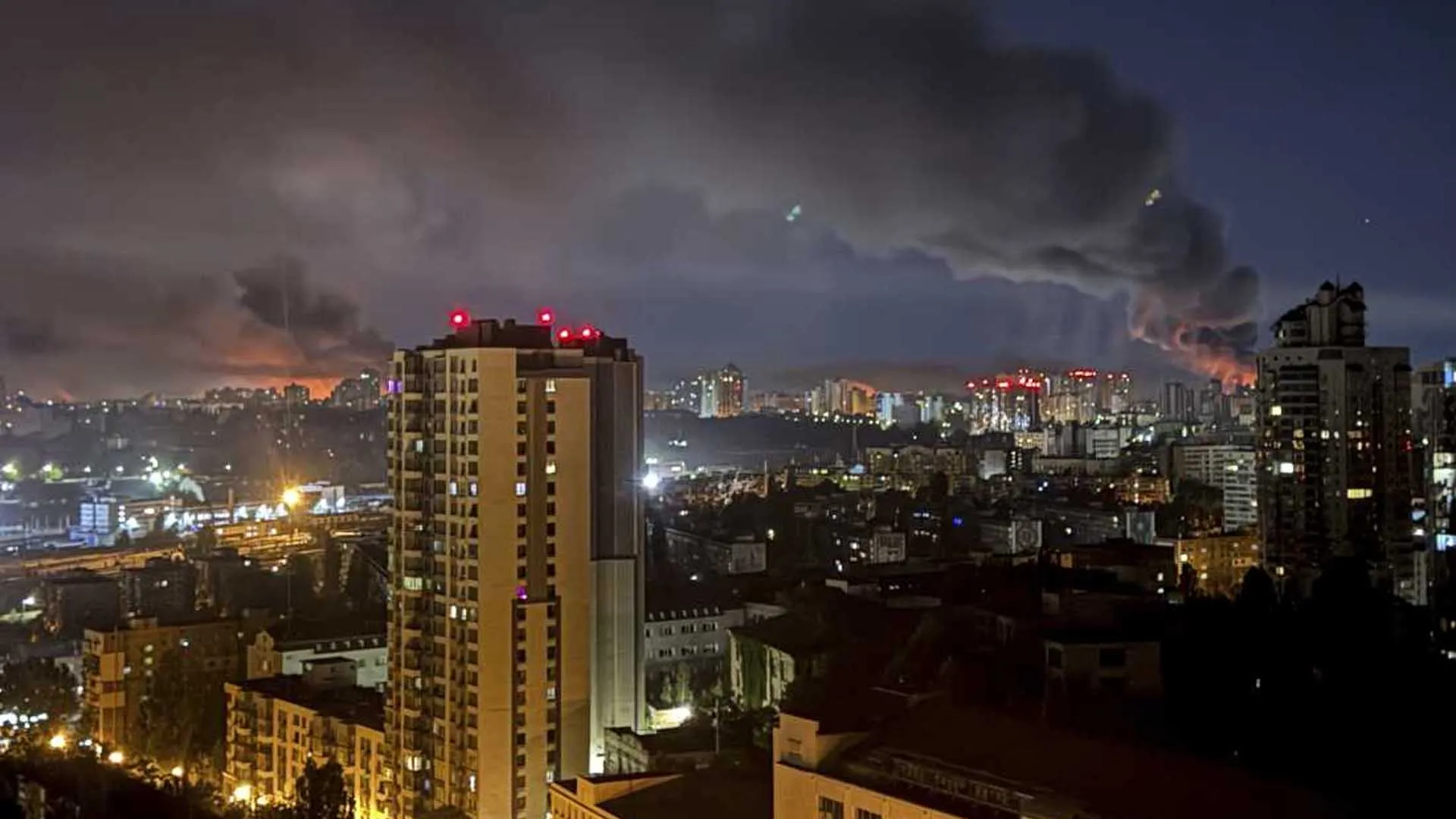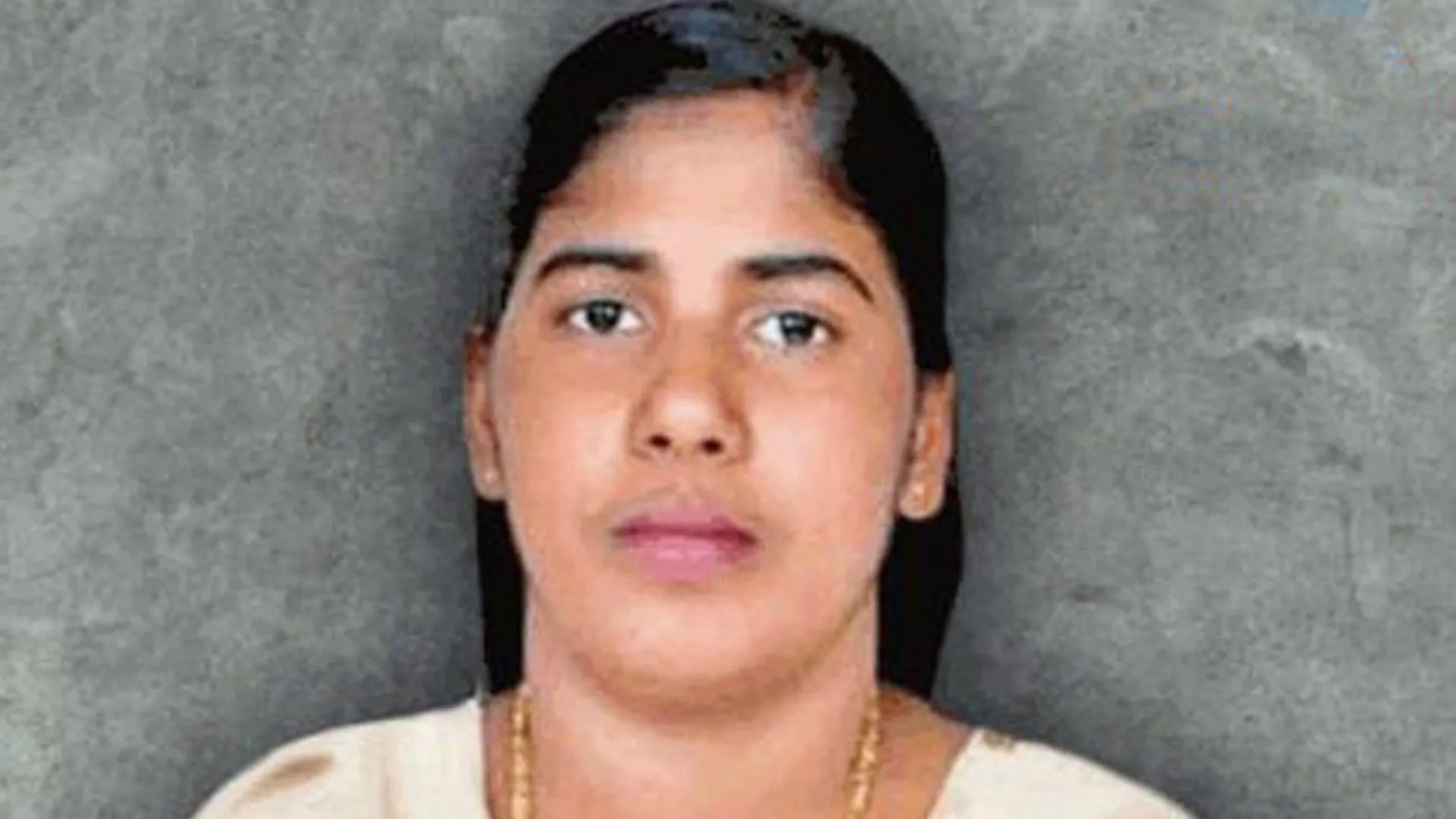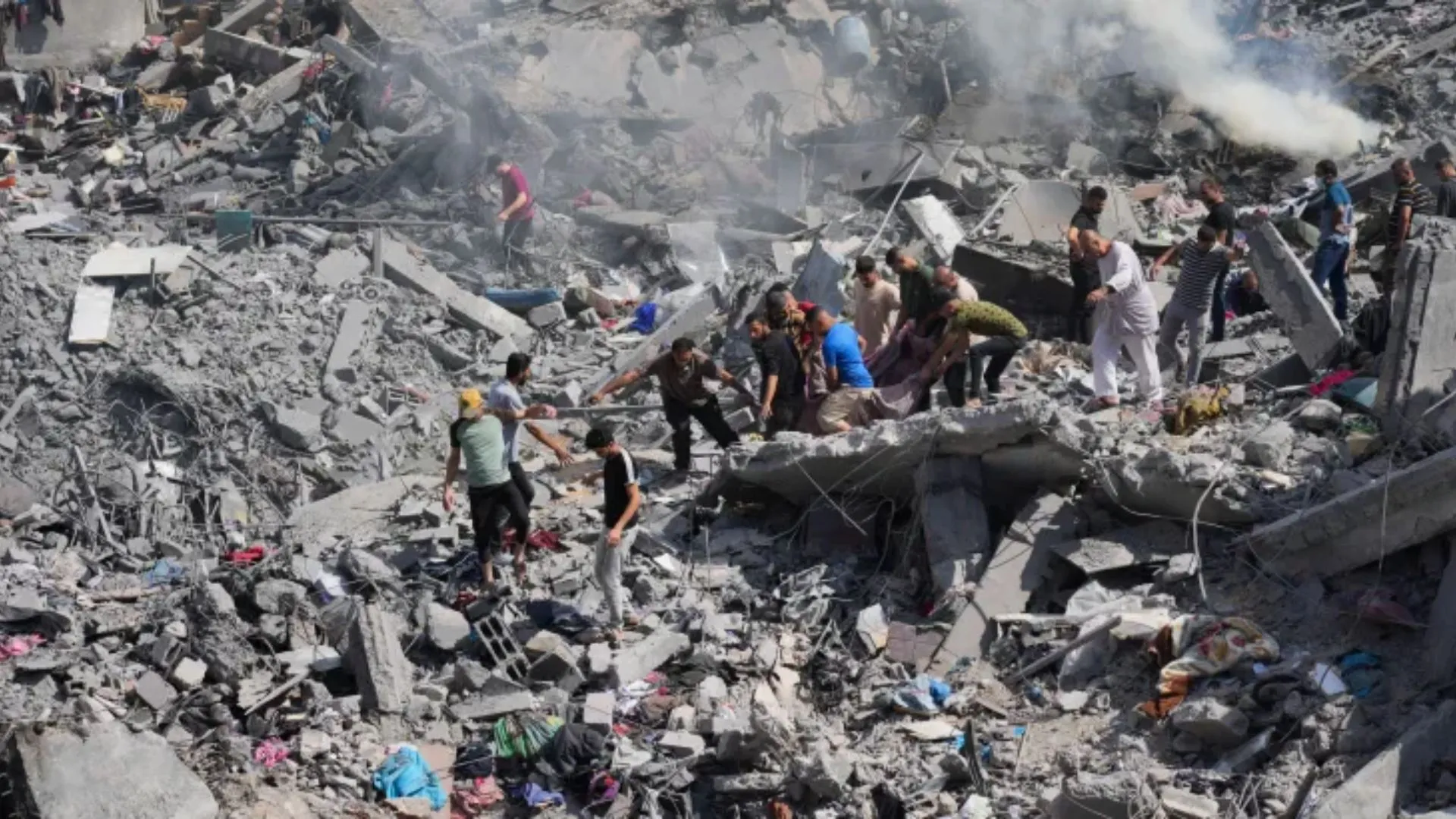Iran suspended all co-operation with the International Atomic Energy Agency (IAEA) just days after a US military attack aimed at its main nuclear facilities. Iranian President Masoud Pezeshkian sanctioned the suspension via an official law on Wednesday, state television reported. The decision comes after widespread destruction of Iran’s atomic apparatus and increasing anger with what Iran regards as the world’s silence, particularly from the IAEA.
The suspension follows Pezeshkian denouncing IAEA Chief Rafael Grossi for not denouncing the attacks by Israel and the United States as blatant breaches of the UN Charter and NPT.
Iran Questions the Value of Cooperation
In a telephone conversation with his French counterpart, Pezeshkian doubted further cooperation. “What assurance is there that our installations will not be attacked again, even if we cooperate?” he asked. The Iranian president also doubted the credibility of the UN nuclear watchdog in safeguarding Iran’s sovereign rights.
Grossi, though, turned down Iran’s suspension. He cautioned that Tehran would be able to resume uranium enrichment within months, even though the attacks caused huge damage. “They can have, you know, in a matter of months, a few cascades of centrifuges rotating and making enriched uranium—or less than that,” he said to CBS News.
Fordow Site Suffers Heavy Damage
Iranian Foreign Minister Abbas Araghchi admitted that the US attack severely damaged the Fordow nuclear facility. “No one precisely knows what has happened at Fordow. And anyway, what we know until now is that the facilities have been seriously and heavily damaged,” he conceded in an interview with CBS.
Iran, US Messages Seem to Clash
At the same time, a story in the Washington Post, quoting four people briefed on secret US intelligence, said that intercepted Iranian communications seemed to minimize the degree of the damage. This discrepancy calls into question how much Iran wants to disclose—and how much it wants to hide—about the true status of its nuclear program.
For now, the standoff between Tehran, Washington, and the IAEA deepens, raising global concerns about nuclear escalation, accountability, and the future of non-proliferation diplomacy.

